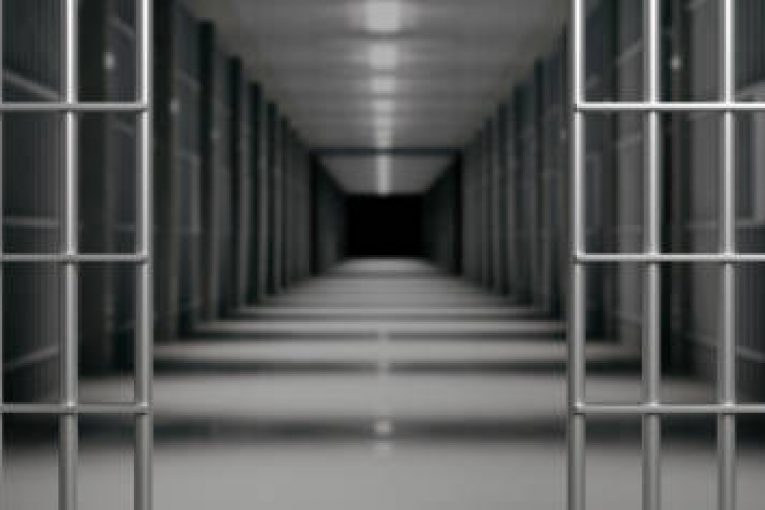
By Kapish Kalita
SACRAMENTO, CA – The Board of State and Community Corrections (BSCC) faces criticism for its inability to enforce meaningful reforms, particularly regarding poor conditions and mistreatment in jails,” according to Hold the Line in a recently released statement.
In 2012, the BSCC was established through the Public Safety Realignment Act (AB 109) as part of California’s effort to decentralize the management of certain offenders, shifting responsibility for non-violent and non-serious offenders from state prisons to county jails, and tasked “with overseeing local detention facilities and community-based programs, the BSCC develops standards, allocates funding, and monitors compliance with state laws.”
Hold the Line noted, “One example of the BSCC’s ineffective oversight is seen in the implementation of Section 1050 of the Title 15 Minimum Standards for adult correctional facilities.”
The law “mandates that each facility’s administrator develop a classification plan for incarcerated individuals, ensuring their proper housing and participation in activities based on factors such as ‘gender identity, age, criminal history, mental health, and the risk of sexual abuse… with the lack of standardization and consistent’ enforcement of the section ‘put(ting) countless lives in jeopardy.’”
Hold the Line added, “In California, around 150 law enforcement agencies operate detention facilities, including county jails, temporary holding centers, and lockups,” despite each agency being required to “develop its own classification plan, leading to a patchwork system of varying quality and effectiveness across the state” that increase the risk incarcerated individuals face.
Hold the Line described, “This inconsistency becomes particularly dangerous in the California Department of Corrections and Rehabilitation (CDCR) system, where newly sentenced inmates are sent to reception centers for classification.
“These inmates can spend anywhere from 30 to 90 days in reception facilities awaiting proper classification and placement,” with inmates being vulnerable to violence during this period, “including extortion and assault, as the classification system fails to adequately separate them based on their risk levels.”
Hold the Line writes, “Critics argue that the BSCC’s lack of enforcement power and unwillingness to implement statewide standards contribute directly to these safety issues,” and “that without more centralized and standardized approach, the BSCC’s current framework raises significant concerns about its ability to effectively oversee California’s detention facilities and ensure the safety and rights of incarcerated individuals.”
Hold the Line concluded, “The lack of accountability within the BSCC continues to be a pressing issue, with serious questions about whether the board can fulfill its mandate to protect the people incarcerated in California’s criminal justice system.”